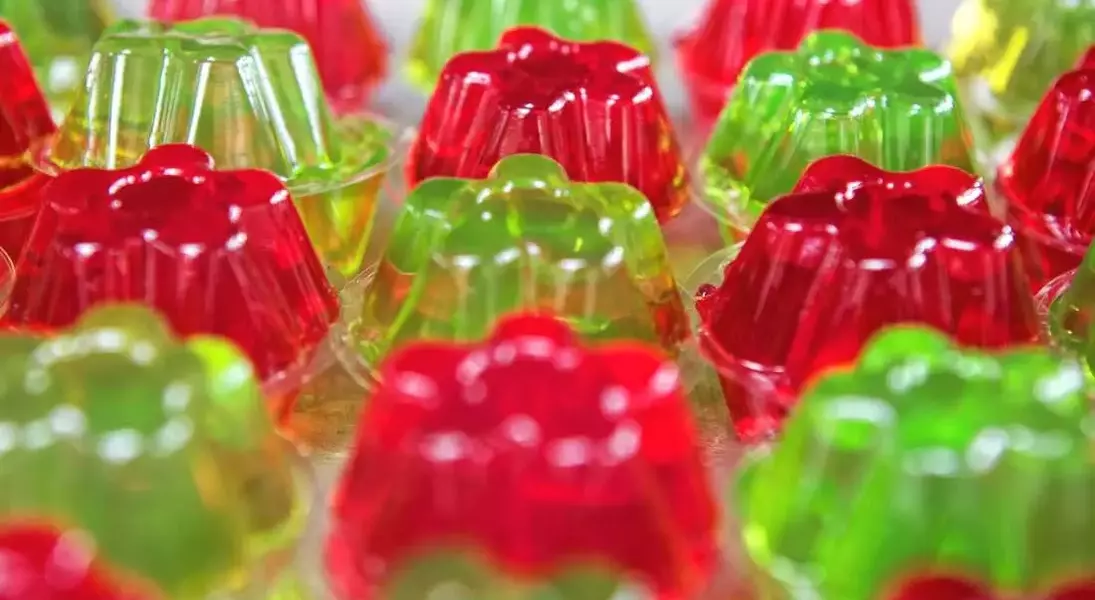
Join the Movement Toward Healthier Food Choices
Discover how Kraft Heinz’s groundbreaking decision will transform the way we consume beverages and desserts, ensuring safer and more natural ingredients grace our tables.
The Shift Toward Natural Ingredients
In recent years, consumer awareness about the impact of artificial additives on health has surged. Kraft Heinz recognizes this trend and has taken decisive action by committing to remove all synthetic dyes from its product lineup by 2027. This move not only reflects the company's dedication to enhancing public health but also underscores its responsibility as a major player in the food industry. By replacing artificial dyes with natural alternatives, Kraft Heinz aims to provide consumers with safer and more wholesome options.
Currently, 90% of Kraft Heinz's U.S. products already utilize natural or no colorings. The remaining products, primarily within the beverage and dessert categories, are undergoing reformulation. Brands such as Crystal Light, Kool-Aid, Jell-O, and Jet-Puffed, which traditionally relied on synthetic dyes, are being re-engineered to incorporate naturally derived pigments. This transition exemplifies the company's commitment to delivering high-quality, health-conscious products without compromising taste or appearance.
A Decade of Progress
Kraft Heinz’s journey toward eliminating artificial dyes began over a decade ago when it removed synthetic coloring agents from its iconic Kraft Mac & Cheese. Instead of relying on chemical dyes, the vibrant yellow-orange hue now stems from spices like paprika and turmeric. This change demonstrated the feasibility of achieving visually appealing results through natural means, setting a precedent for future innovations.
This early success paved the way for further advancements across the Kraft Heinz portfolio. The company's flagship product, Heinz Tomato Ketchup, has never contained artificial dyes, showcasing the brand's longstanding commitment to purity and quality. Such milestones highlight Kraft Heinz's ability to adapt and innovate while maintaining customer trust and satisfaction.
Federal Support for Artificial Dye Phase-Out
The Kraft Heinz announcement coincides with broader efforts by federal health officials to reduce reliance on petroleum-based food dyes. In April, the government declared its intention to collaborate with the food industry to voluntarily eliminate these dyes by the end of next year. Health Secretary Robert F. Kennedy Jr. emphasized the urgency of this mission, stating that every unnecessary ingredient and additive would be systematically addressed and removed.
This regulatory push aligns closely with Kraft Heinz's objectives, reinforcing the importance of transitioning to safer alternatives. The collaboration between industry leaders and governmental bodies ensures a unified approach to improving public health outcomes. As more companies follow suit, the collective impact could significantly enhance the safety and quality of the nation's food supply.
Industry Challenges and Opportunities
While the transition to natural dyes presents numerous benefits, it also poses challenges for manufacturers. Extracting large quantities of colorants from natural sources proves far more intricate than utilizing synthetic counterparts. Certain hues, particularly blues, remain difficult to achieve using current methods, leading to increased production costs and potential compromises in visual appeal.
Despite these obstacles, the Food and Drug Administration (FDA) recently approved three new all-natural dye options, offering manufacturers greater flexibility in their reformulation processes. These developments signal a promising future for the industry, where innovation drives progress and enhances consumer confidence. Companies like Kraft Heinz are at the forefront of this evolution, proving that sustainable practices can coexist with commercial viability.
Consumer Advocacy and Industry Response
Not all stakeholders share the same enthusiasm for phasing out artificial dyes. The Consumer Brands Association, representing U.S. packaged food manufacturers, maintains that existing ingredients undergo rigorous testing and pose no significant risks to human health. Despite this stance, mounting evidence linking synthetic dyes to adverse effects on children's behavior and mental health continues to sway public opinion.
Kraft Heinz's proactive approach resonates deeply with health-conscious consumers who prioritize transparency and safety in their purchasing decisions. By addressing concerns head-on and embracing natural alternatives, the company positions itself as a leader in responsible food production. This alignment with consumer values strengthens brand loyalty and fosters long-term growth opportunities.
